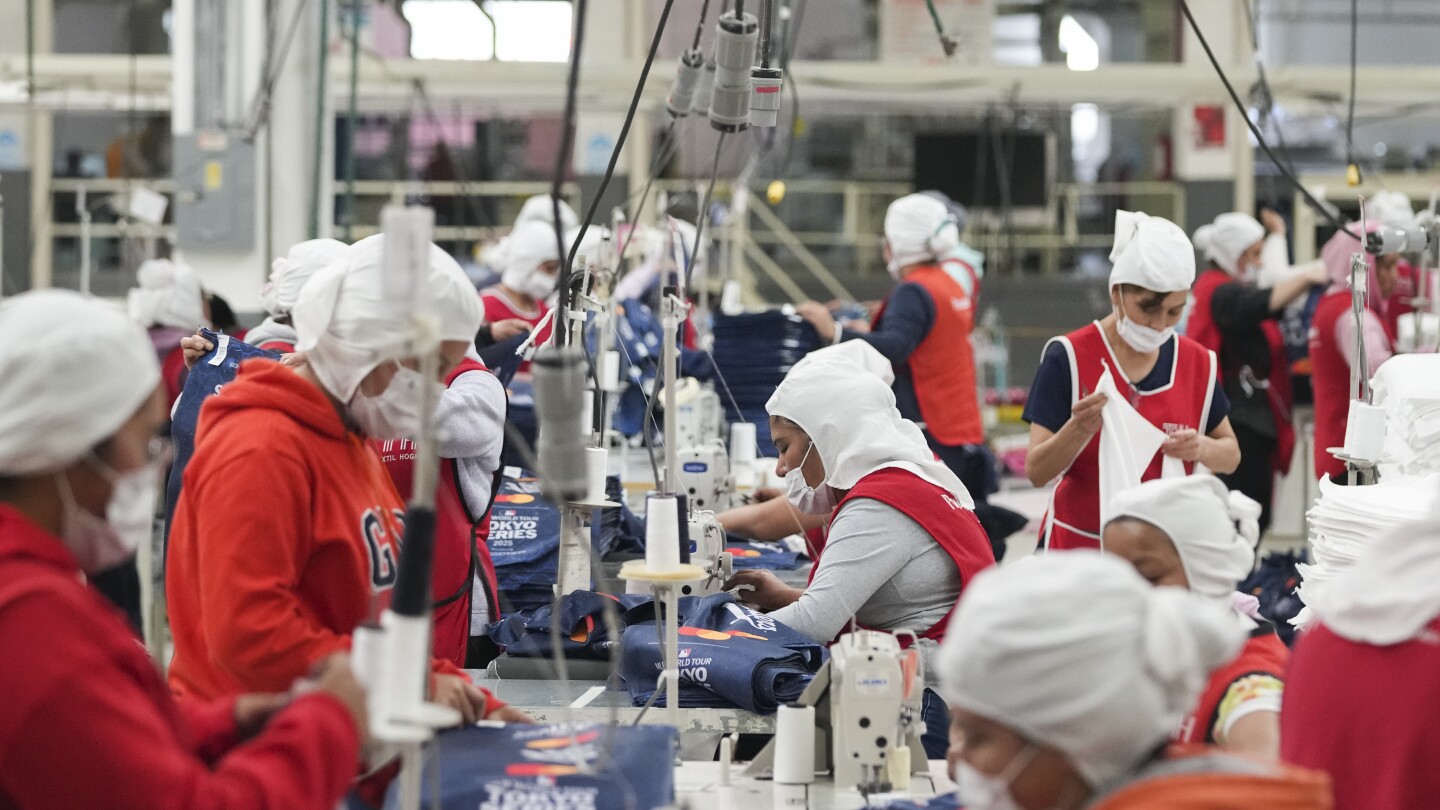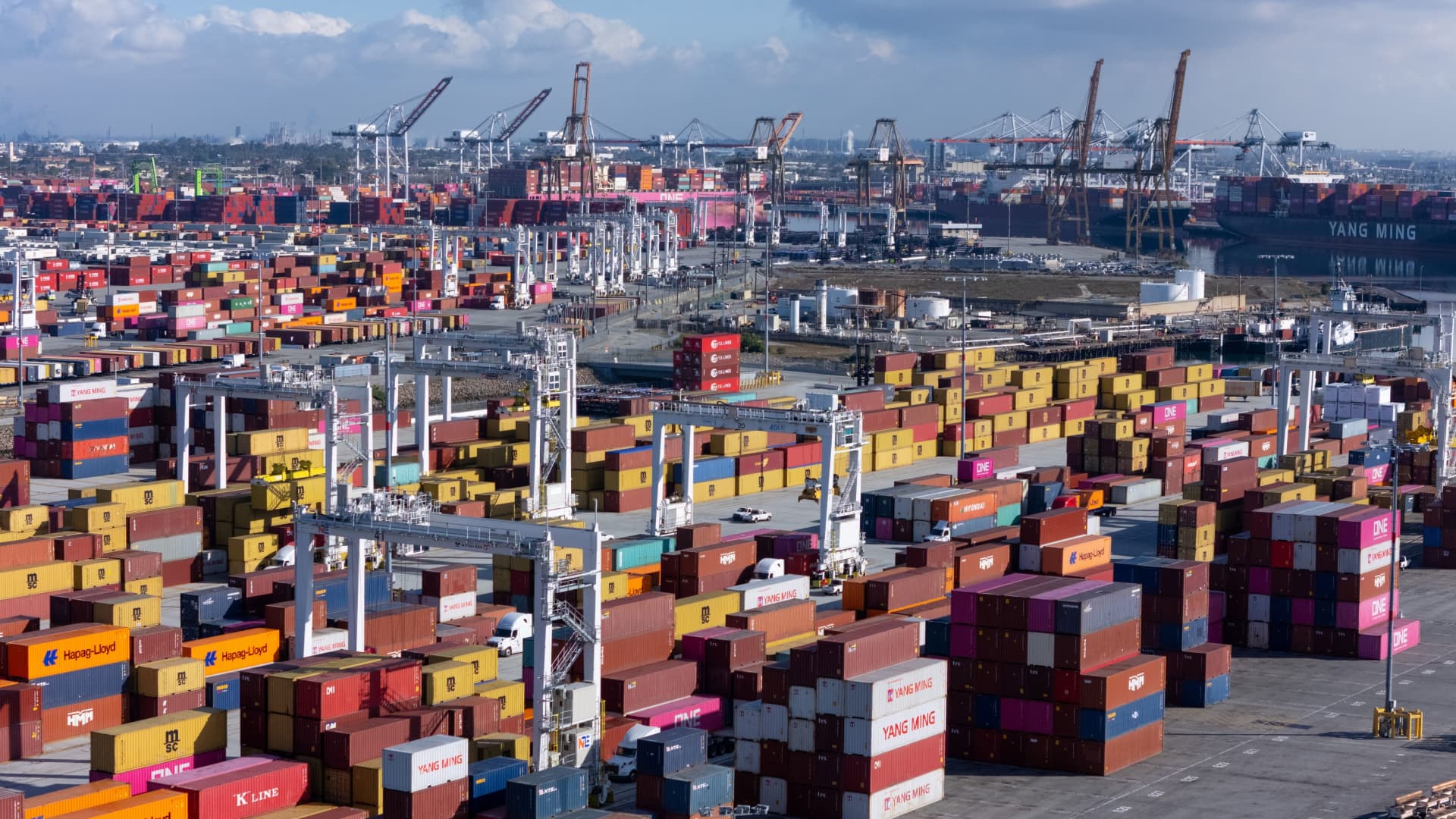Unpacking the Impact: How Trump’s Tariffs Might Fuel Inflation and Economic Turmoil
Trump’s tariffs on Canada, Mexico, and China are more than just trade policy; they could trigger a wave of inflation and disrupt the economic landscape. As the world watches closely, the potential fallout from these tariffs has become a topic of intense discussion among economists, businesses, and consumers alike. Understanding how these tariffs might fuel inflation and contribute to broader economic turmoil is essential for grasping the current economic climate.
The Rationale Behind Tariffs
Tariffs, essentially taxes imposed on imported goods, are designed to make foreign products more expensive than domestic products. This is often seen as a way to protect local industries and jobs. Trump’s administration justified the imposition of tariffs on several fronts:
- Trade Deficit Reduction: The administration aimed to reduce the trade deficit by making imports less attractive.
- National Security: Tariffs were also framed as a means to protect national security interests, particularly concerning steel and aluminum imports.
- Job Protection: A key argument was that tariffs would save American jobs by encouraging consumers to buy domestic products.
However, while the intentions may seem positive, the broader economic implications are complex and multifaceted. The focus now shifts to how these tariffs could ripple through the economy, particularly in ways that might spur inflation.
Understanding Inflation Dynamics
Inflation refers to the general increase in prices and the decline in purchasing power over time. It can be caused by various factors, including demand-pull inflation, cost-push inflation, and built-in inflation. Trump’s tariffs fall primarily into the category of cost-push inflation, which occurs when the costs of production increase, leading to higher prices for consumers.
Here’s how Trump’s tariffs might contribute to inflation:
- Increased Costs for Businesses: Companies that rely on imported goods or raw materials are likely to face higher costs due to tariffs. These businesses may pass on these costs to consumers in the form of higher prices.
- Supply Chain Disruptions: Tariffs can disrupt established supply chains, leading to inefficiencies and increased costs. Businesses may struggle to find alternative suppliers that can meet their needs at a competitive price.
- Consumer Behavior Changes: As prices rise, consumers may alter their spending habits, which could further impact economic growth. Higher prices may lead to reduced demand for goods, affecting businesses’ bottom lines.
Sector-Specific Impacts
The impact of Trump’s tariffs is not uniform across all sectors. Some industries are more vulnerable to inflationary pressures than others. Here’s a look at a few sectors that could feel the brunt of these tariffs:
Manufacturing
Manufacturers, particularly those reliant on steel and aluminum, have seen significant cost increases. The tariffs have raised the prices of these essential materials, forcing manufacturers to either absorb the costs or pass them on to consumers. This situation can lead to higher prices for a wide range of products, from cars to appliances.
Consumer Goods
Tariffs imposed on Chinese goods have particularly affected consumer electronics, toys, and clothing. With many everyday items subjected to increased tariffs, consumers may notice rising prices at their local stores, impacting their purchasing power.
Agriculture
American farmers have also been caught in the crossfire, facing retaliatory tariffs from countries like China. These tariffs have led to oversupply in some markets, resulting in lower prices for farmers. However, the overall economic effect means consumers might face higher prices for food as supply chains are disrupted.
The Ripple Effect on the Economy
The potential for inflation stemming from Trump’s tariffs is not just an issue for consumers; it poses broader implications for the economy as a whole. Here are some potential ripple effects:
- Interest Rates: If inflation rises significantly, the Federal Reserve may respond by increasing interest rates. Higher interest rates could slow down economic growth by making borrowing more expensive for consumers and businesses.
- Investment Slowdown: Businesses facing higher costs and uncertain demand may be less inclined to invest in expansion, slowing economic growth in the long run.
- Consumer Confidence: As prices rise, consumer confidence may erode, leading to reduced spending, which is a critical driver of economic growth.
What This Means for Consumers and Businesses
For consumers, the immediate impact of tariffs is felt in their wallets. Higher prices for goods and services can strain budgets and force families to make difficult choices about spending. Businesses, on the other hand, must navigate a complex landscape of rising costs and shifting consumer behavior.
To adapt, businesses might consider:
- Cost Management: Finding ways to streamline operations and reduce costs without compromising quality.
- Diversifying Supply Chains: Exploring alternative suppliers or even reshoring some production to mitigate the impact of tariffs.
- Price Adjustments: Carefully managing pricing strategies to remain competitive while covering increased costs.
Looking Ahead: The Future of Tariffs and the Economy
As we move forward, the future of Trump’s tariffs remains uncertain. While some may argue for their continuation as a tool for negotiating better trade deals, others call for a reevaluation based on their economic impact. The key will be finding a balance between protecting domestic industries and ensuring that consumers are not unduly burdened by rising prices.
In conclusion, Trump’s tariffs on Canada, Mexico, and China represent a significant shift in trade policy that could fuel inflation and contribute to economic turmoil. As experts continue to analyze the potential fallout, it’s crucial for consumers and businesses alike to stay informed and prepared for the evolving economic landscape.
See more CCTV News Daily



